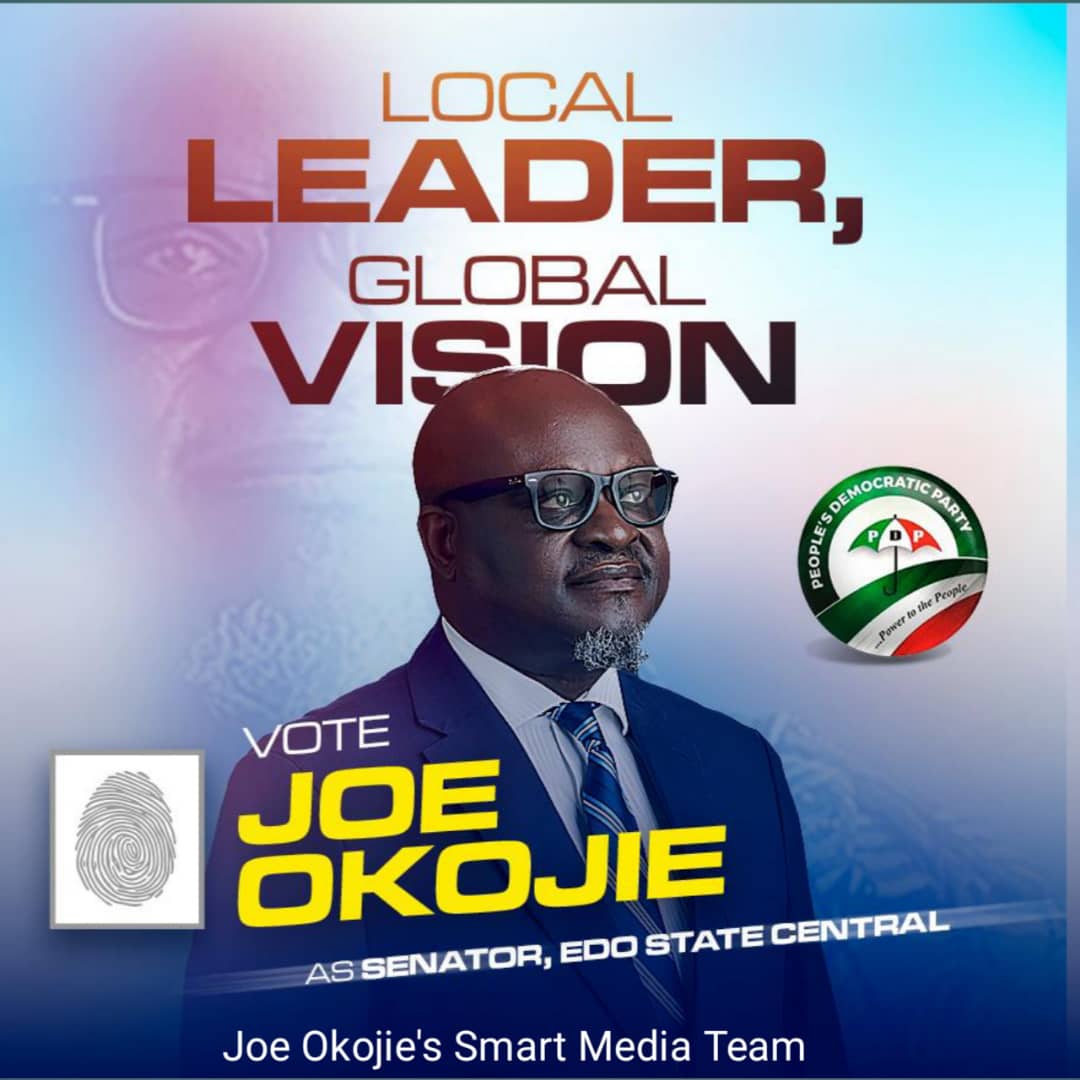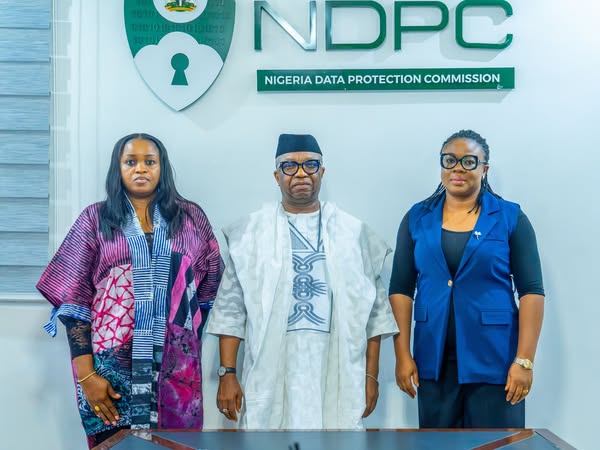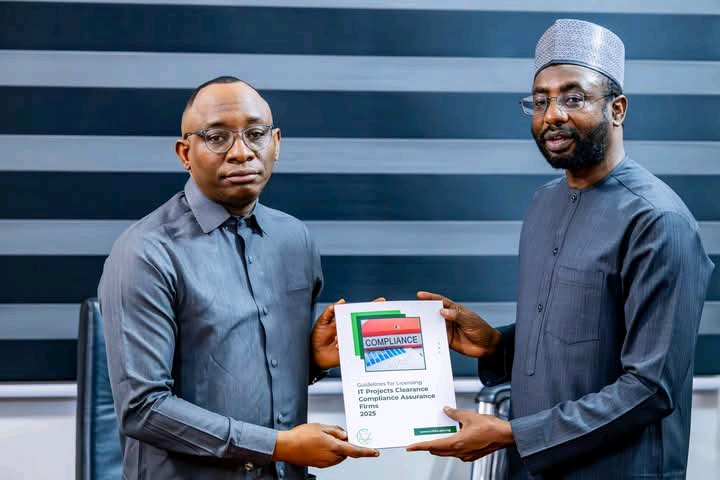In a thought-provoking commentary, Professor Ndubuisi Ekekwe, a distinguished entrepreneur, investor, and academic, has weighed in on the recent decision by the Nigerian government to raise the fees for international passports. The move, which comes in response to the continued depreciation of the Naira, has sparked widespread discussion and concern among Nigerians both at home and abroad.
Taking to his LinkedIn profile, Professor Ekekwe provided a detailed analysis of the new policy, which is set to take effect on September 1, 2024. He began by outlining the specifics of the government’s announcement: “In a significant policy shift, the Federal Government of Nigeria has officially announced an upward revision of passport fees for citizens residing within the country.” According to the revised pricing structure, the cost of obtaining a 32-page passport booklet with a 5-year validity will increase from N35,000 to N50,000. Similarly, the fee for a 64-page passport booklet with a 10-year validity will rise from N70,000 to N100,000.
Professor Ekekwe, known for his keen insights into economic and technological trends, contextualized the government’s decision by explaining that the Nigerian passport is, in essence, an imported product. The core materials required for its production are sourced from outside the country, making the passport susceptible to fluctuations in the value of the Naira. As a result, while the cost of obtaining a passport in US dollars will remain unchanged for Nigerians living abroad, those residing within the country will face a substantial increase in fees due to the devaluation of the Naira.
Expanding on the broader economic implications, Professor Ekekwe used a poignant African proverb to drive home his point: “When a bird flies from the ground and perches on the ant-hill, it is still very much on the ground.” Through this metaphor, he emphasized that the devaluation of the Naira has far-reaching consequences, not just for individual citizens but also for the government itself. Even the Nigerian government, he suggested, will find itself needing more Naira to conduct its business and manage the nation’s affairs.
In a lighthearted yet insightful remark, Professor Ekekwe humorously alluded to the potential public backlash, saying, “Hope people will not sue the country in the same way we have been suing DStv and other brands.” This comment reflects the frustration that many Nigerians feel as they grapple with rising costs and the diminishing purchasing power of their currency. The comparison to legal actions taken against other service providers underscores the growing discontent among the populace as they face the realities of a weakening economy.
As Nigeria continues to navigate the challenges posed by the devaluation of its currency, the increase in passport fees serves as a stark reminder of the broader economic difficulties facing the nation. Professor Ekekwe’s analysis provides a sobering reflection on the situation, highlighting the interconnectedness of global supply chains, currency valuation, and national policy decisions. His commentary underscores the need for careful consideration of the long-term impacts of such policy shifts, as the government and citizens alike adapt to a new economic landscape.
The passport fee hike is not just a financial adjustment; it is a reflection of the broader economic pressures that Nigeria is facing in the wake of the Naira’s devaluation. Professor Ekekwe’s insights offer a valuable perspective on the situation, reminding us that while the costs may be rising, the underlying challenges are deeply rooted in the complexities of global economics and national governance. As the nation moves forward, these insights will be crucial in understanding and addressing the economic realities that lie ahead.
Tony Emeka Nwosu
“When a bird flies from the ground and perches on the ant-hill, it is still very much on the ground.” Through this metaphor, he emphasized that the devaluation of the Naira has far-reaching consequences, not just for individual citizens but also for the government itself. Even the Nigerian government, he suggested, will find itself needing more Naira to conduct its business and manage the nation’s affairs.

















